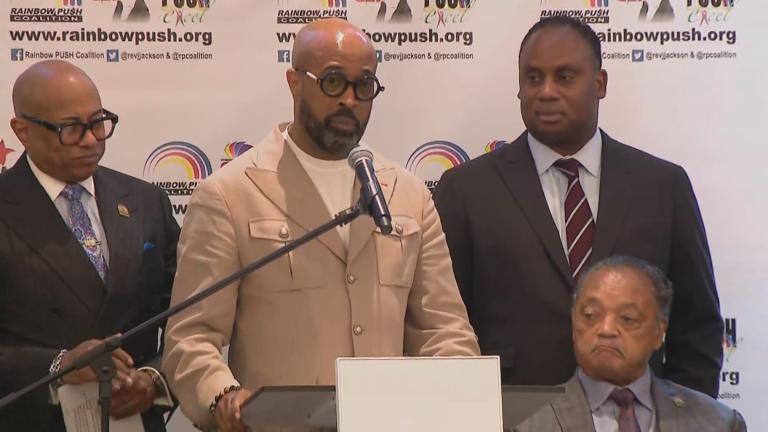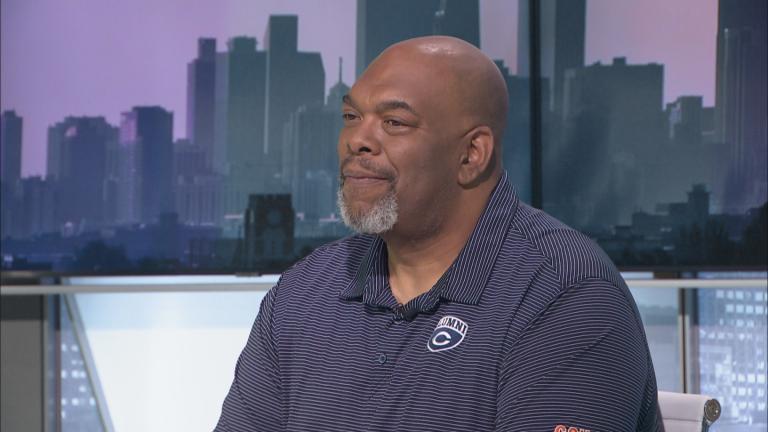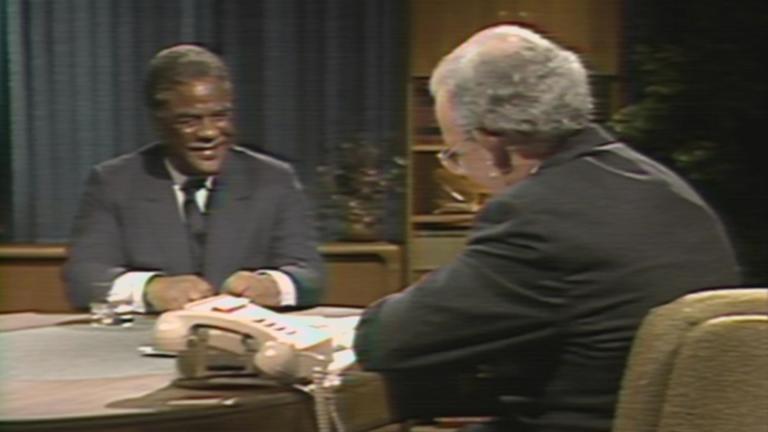Though the 15th Amendment, ratified in 1870, secured the right to vote for Black Americans, it would be nearly a century before all Black people could vote without intimidation.
And though the 19th Amendment of 1920 gave women the right to vote, Black women were again left disenfranchised when states immediately began enacting policies limiting who would vote.
“Those policies or rules basically disenfranchised predominantly Black communities,” said author and activist Michelle Duster. “So with grandfather clauses, poll taxes, literacy tests, a variety of different tricks that didn’t make it seem like it was about being Black, but inherently it would impact mostly Black people.”
It wasn’t until the Voting Rights Act of 1965 was passed, thanks to women like Fannie Lou Hamer, Ella Baker and Dorothy Height, that the right to vote was finally secured for all Black Americans.
Today, Black women are considered the backbone of the Democratic Party. Though some believe Democrats are too quick to take their vote for granted, Duster says that generally speaking, the Democratic platform aligns with Black women on crucial issues.
“If the party stands for what we believe in and what we think is important and what matters to us – and you think of the alternative – there’s really only two choices in our country right now,” Duster said.
Among those concerns, once again, are voting rights. Activists have sounded the alarm on what they call a resurgence in voter suppression tactics like voter ID laws, closing of polling places and reduced early voting.
Felicia Davis, president and CEO of Chicago Foundation for Women, also points to what she considers misinformation campaigns as a voter suppression tactic. “The misinformation around how one can safely vote in the era of COVID and around vote by mail, I think those tactics to suppress vote are the number one threat right now,” she said.
The 2020 presidential election has presented Black women the first opportunity in history to vote for one of their own for vice president, which is especially notable given the advanced age of her running mate, former Vice President Joe Biden.
“Black women have historically gone to the polls in the highest numbers, and they bring with them their family members and their communities,” Davis said. “If you look at the voter turnout in the last two elections, if that were replicated in 2020, that would mean 100 million more Black women would be going to the polls. To have on the ticket a Black woman with her intersectional self in the second highest office in the country is really monumental, and you can feel it. You can see the mobilization that’s taking place as women across the country are supporting her.”








